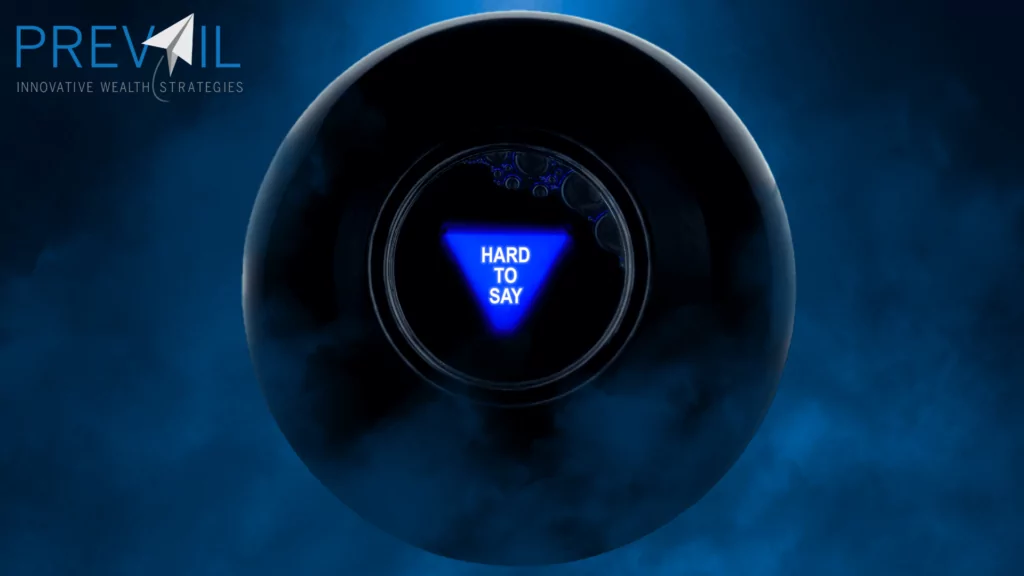Are we in a recession?
Depends on who you ask.
Let’s discuss.
The most common definition of a recession is two consecutive quarters of negative growth.1
The economy met that bar after the most recent report on Gross Domestic Product, which showed that the economy shrank in the first half of 2022.
If it looks like a duck and quacks like a duck…isn’t it a recession?
Not so fast.
We won’t know whether we’re in a recession for several more months.
Why?
Well, the official arbiter of recessions is the National Bureau of Economic Research (NBER) and their recession criteria depend on a lot more data than just GDP.1
To formally declare a recession, the NBER looks for a significant and widespread decline in economic activity that goes on for a while.
We may very well be in a recession. However, a mixed bag of positive and negative economic factors makes it hard to determine.
>On the positive side: the labor market remains strong, still creating plenty of new jobs. Consumer and business investment is also still looking sturdy.1
>On the negative side: inflation is obviously on everyone’s radar, as is the Fed’s latest interest rate hike.2
So, does it ACTUALLY matter whether we’re “officially” in a recession or not?
That also depends on who you ask. There’s symbolic value in knowing that we’re in a recession.
Policymaking economists are wary of prematurely announcing one. The possible result of panicked markets, businesses, and consumers could make it a self-fulfilling prophecy.
Several Wall Street economists think that we may not be in a recession right now; however, many have sounded the alarm that a downturn may be on the horizon.3
Bottom line: The reality of what we’re experiencing is more important than official recession calls and it looks hazy.
What does all this mean for me?
Whether we’re officially in a recession or not, the economy is flashing some undeniable warning signs.
Despite recent gains, we can expect more market volatility and selling pressure.
The good news? This isn’t a surprise to anyone. Hopefully, not to you since you read our blogs.
Right now, the best we can do is stick to the strategy, take advantage of the opportunities we see, and mentally prepare for a rocky road ahead.
We’ll continue to keep watch, analyze the forecasts (hazy as they are), and update you as needed.
Vigilantly,
Prevail Innovative Wealth Strategies



















